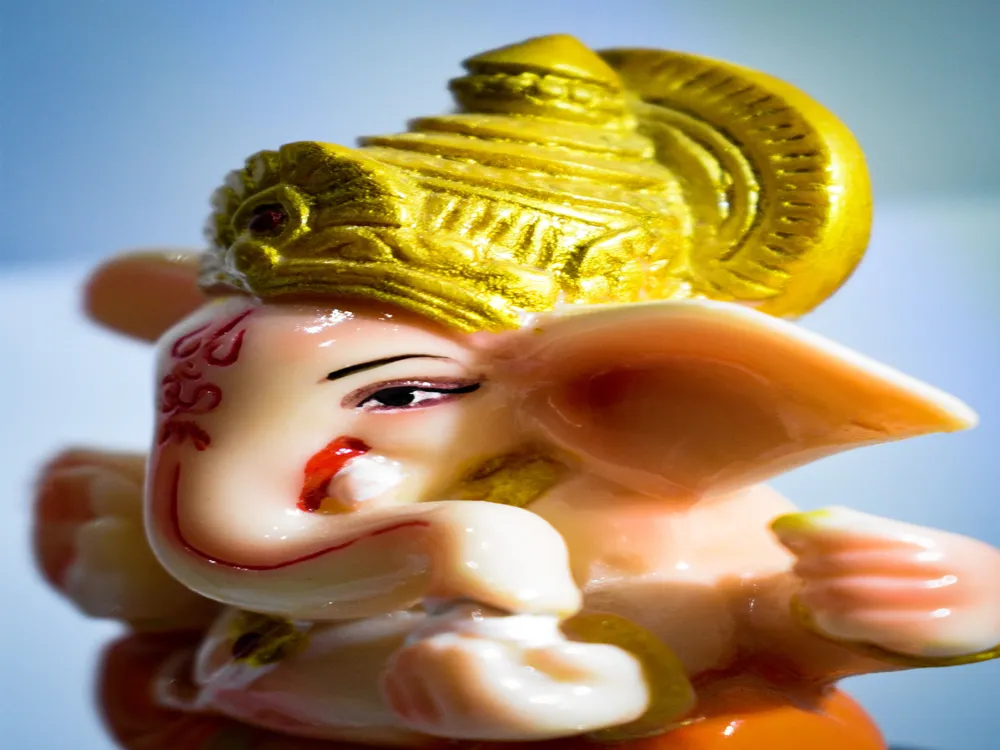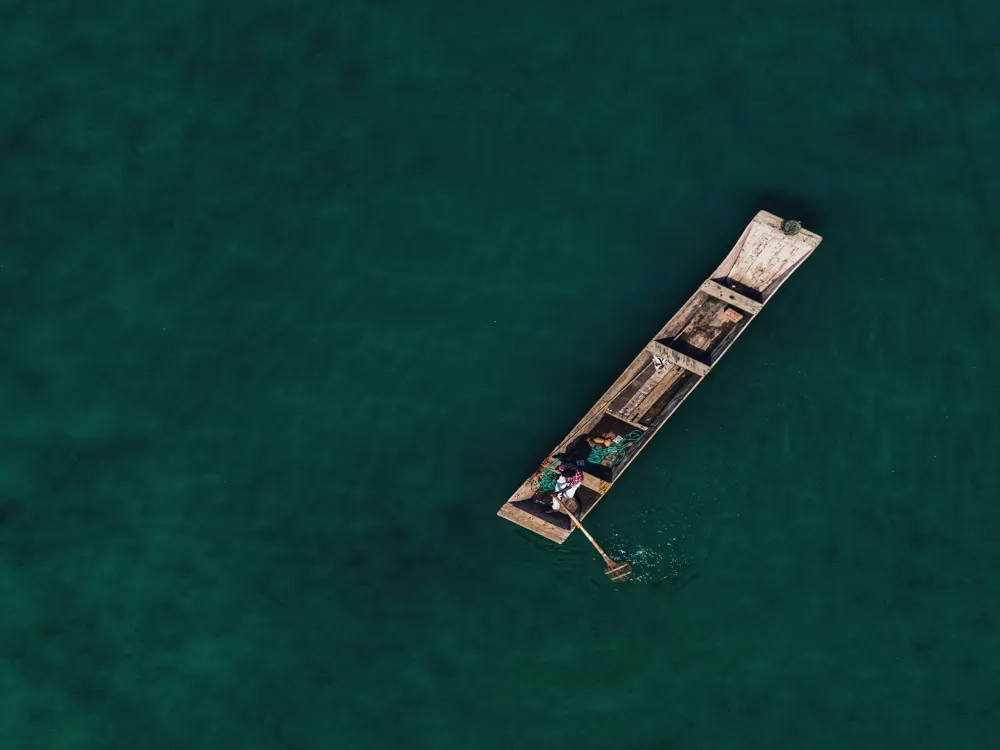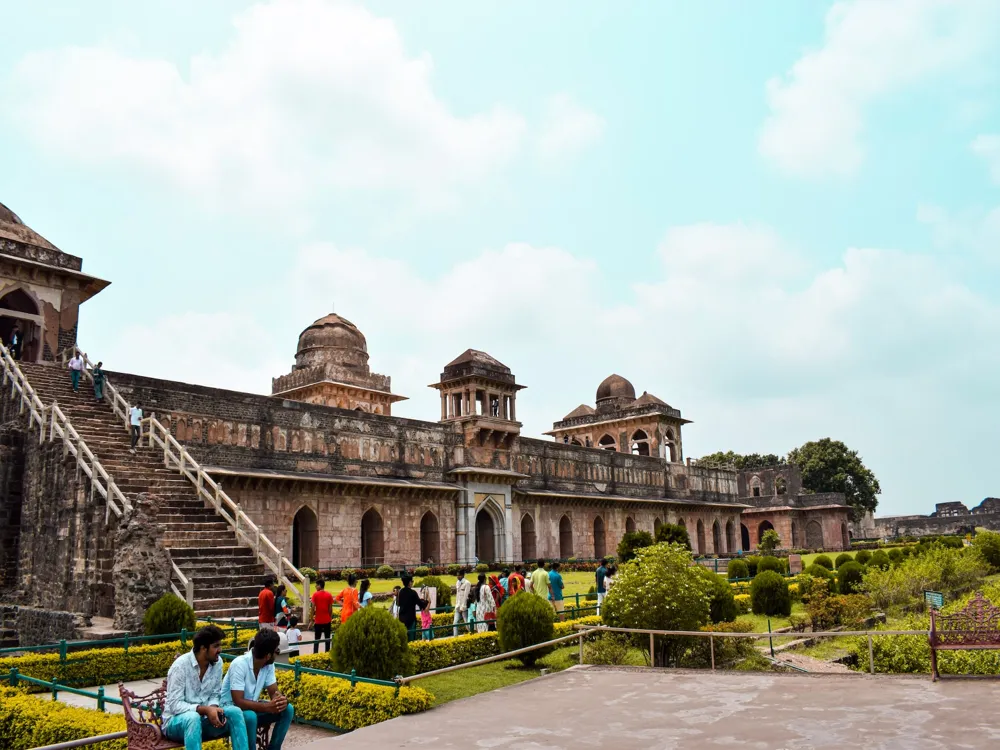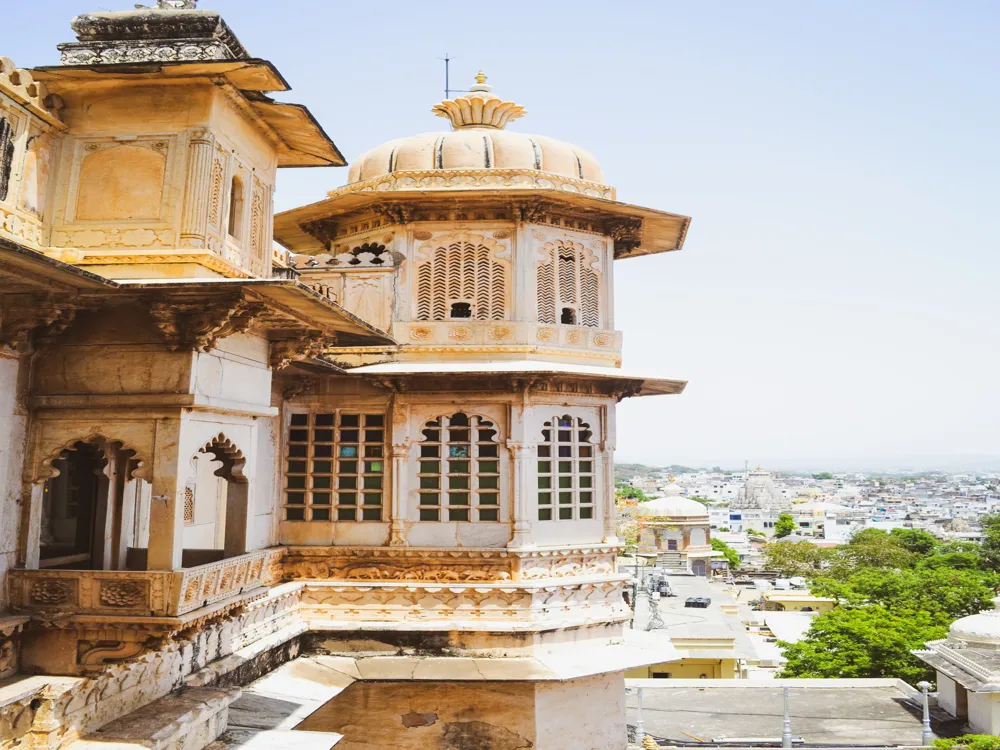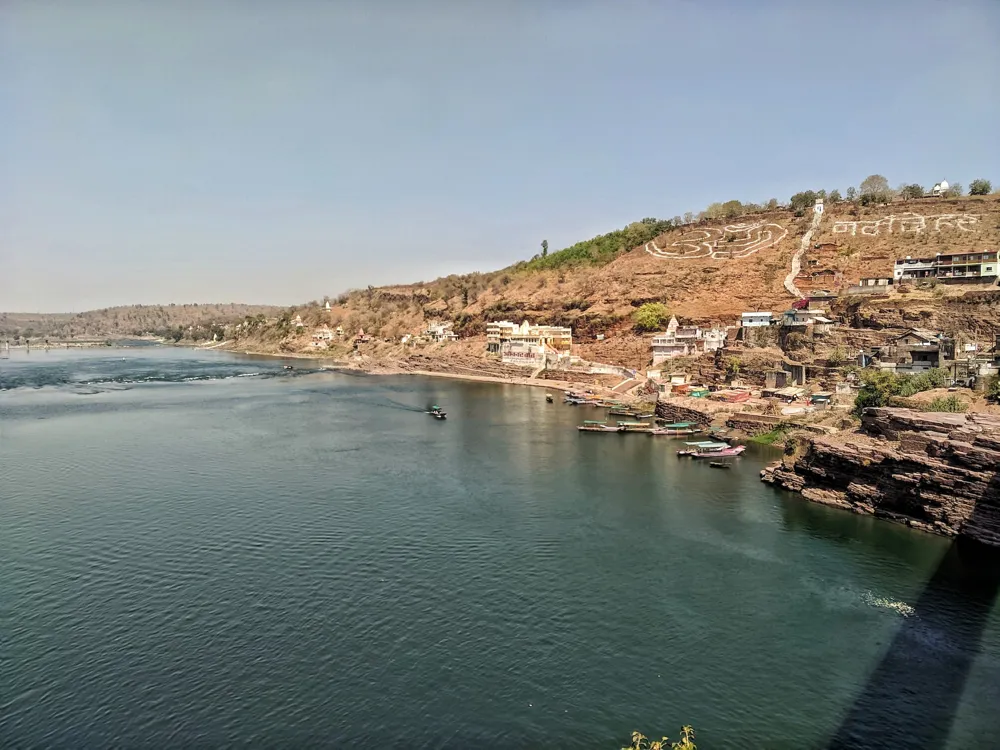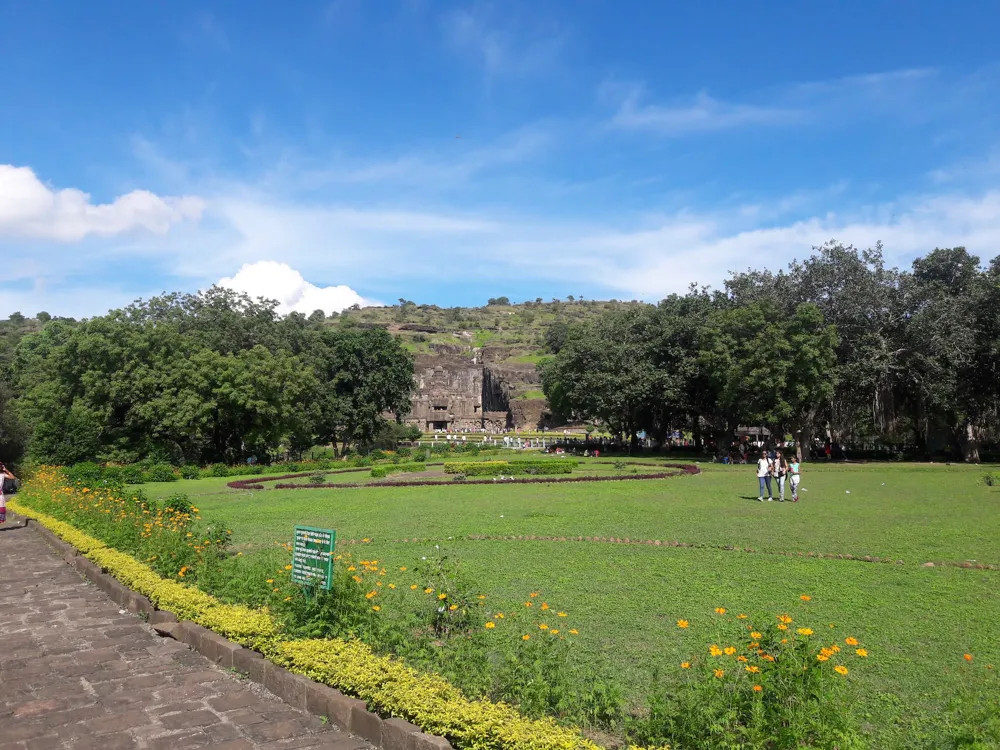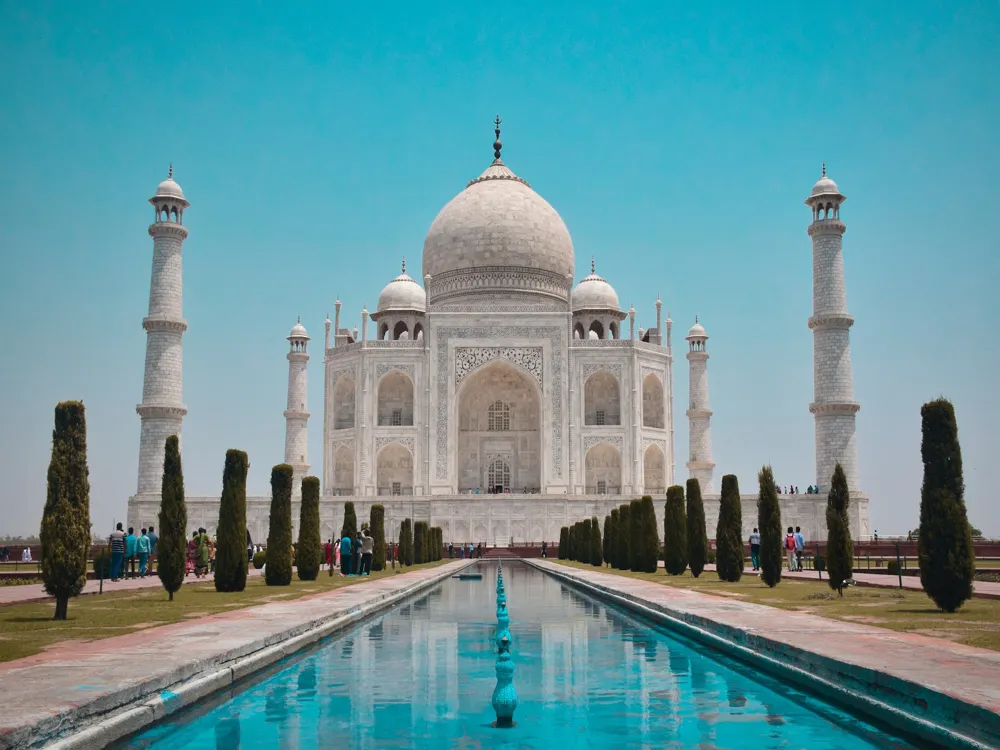Nestled in the heart of India, the Patalpani Waterfalls near Indore, Madhya Pradesh, are a breathtaking natural wonder. This magnificent cascade is not just a tourist attraction but a symbol of nature's untamed beauty. Patalpani, meaning 'water of the underworld,' is believed to have a depth that reaches the netherworld. The falls are a spectacle, especially during the monsoon season, when they swell with rainwater and their roar can be heard from a distance. The region around Patalpani is steeped in lush greenery, making it a perfect retreat for nature lovers and adventure enthusiasts alike. The height of the falls is about 300 feet, and it creates a stunning plunge pool at its base. The waterfall is surrounded by a diverse array of flora and fauna, contributing to its mesmerizing charm. The area is not just a visual delight but also a haven for photographers and nature enthusiasts who wish to capture the essence of India's natural landscapes. The cultural significance of Patalpani Waterfalls is deeply rooted in the local beliefs and traditions. It is a site where locals often perform rituals and ceremonies, reflecting the spiritual connection of the people with nature. The waterfalls and the surrounding area also play a significant role in local folklore, adding a mystical dimension to its natural beauty. Visiting Patalpani offers more than just a visual treat. It's an opportunity to immerse oneself in the tranquility and serenity of nature. The sound of the cascading water, the lush greenery, and the overall ambiance provide a rejuvenating experience away from the hustle and bustle of city life. The architectural grandeur of Patalpani Waterfalls lies in its natural formation. The geological structure of the area plays a crucial role in shaping the waterfall's characteristics. The falls are a result of the unique topography of the Malwa region, which comprises volcanic basalt rocks. These rocks, formed from lava flows millions of years ago, are responsible for creating the steep cliffs and the deep plunge pool at the base of the falls. Over time, the constant flow of water has shaped and carved the rocks into their present form. The force of the water has created a natural amphitheater-like structure around the falls, amplifying its majesty. The layered rock formations around the waterfall add to its scenic beauty, creating a natural backdrop that is both rugged and picturesque. The hydrology of Patalpani Waterfalls is also a fascinating aspect of its architecture. The water flow varies significantly across seasons, with the monsoon bringing a dramatic increase in water volume and velocity. This seasonal transformation not only changes the waterfall's appearance but also its surrounding environment, making each visit a unique experience. The ecological architecture surrounding Patalpani is a blend of various microhabitats. The moist climate near the waterfall fosters a rich biodiversity, including a variety of ferns, mosses, and aquatic plants. This lush vegetation is not just a critical part of the ecosystem but also adds to the aesthetic appeal of the falls. The ideal time to visit Patalpani Waterfalls is during the monsoon season, from July to September. During this time, the waterfalls are in full flow, presenting a spectacular view. However, visitors should be cautious as the area can be slippery and the flow of the water can be quite powerful. Safety is paramount when visiting Patalpani Waterfalls. It's advisable to stay on the marked trails and avoid venturing too close to the edge of the waterfall. During the monsoon, the rocks can be slippery, and the water flow can be unpredictable. Visitors should come prepared with essentials such as water, snacks, a first-aid kit, and a camera to capture the scenic beauty. Wearing comfortable and sturdy footwear is recommended as the terrain can be uneven and rocky. It is crucial to maintain the cleanliness and integrity of the natural environment around Patalpani. Visitors should avoid littering and respect the local wildlife and vegetation. Patalpani Waterfalls is easily accessible from Indore, the largest city in Madhya Pradesh. The waterfall is located approximately 30 kilometers from Indore and can be reached via a short drive. Visitors can hire taxis or drive their vehicles to reach the destination. The route to Patalpani is well-marked and goes through scenic landscapes, offering a delightful journey to the falls. For those preferring public transport, there are buses available from Indore that go near the waterfall area. Visitors may need to walk a short distance from the bus stop to reach the falls. Additionally, the nearest railway station is Patalpani station, which is conveniently close to the waterfall, making it an accessible option for train travelers. Read More:Overview of Patalpani Waterfalls, Indore, Madhya Pradesh
Architecture of Patalpani Waterfalls
Tips When Visiting Patalpani Waterfalls
Best Time to Visit
Safety Precautions
What to Bring
Respecting the Environment
How To Reach Patalpani Waterfalls
Patalpani Waterfalls
Indore
Madhya Pradesh
NaN onwards
View indore Packages
Weather :
Tags : Waterfall
Timings : 24 hrs
Time Required : 2 - 3 hrs
Entry Fee : No Entry Fee
Planning a Trip? Ask Your Question
Indore Travel Packages
View All Packages For Indore
Top Hotel Collections for Indore

Private Pool

Luxury Hotels

5-Star Hotels

Pet Friendly
Top Hotels Near Indore
Other Top Ranking Places In Indore
View All Places To Visit In indore
View indore Packages
Weather :
Tags : Waterfall
Timings : 24 hrs
Time Required : 2 - 3 hrs
Entry Fee : No Entry Fee
Planning a Trip? Ask Your Question
Indore Travel Packages
View All Packages For Indore
Top Hotel Collections for Indore

Private Pool

Luxury Hotels

5-Star Hotels

Pet Friendly







